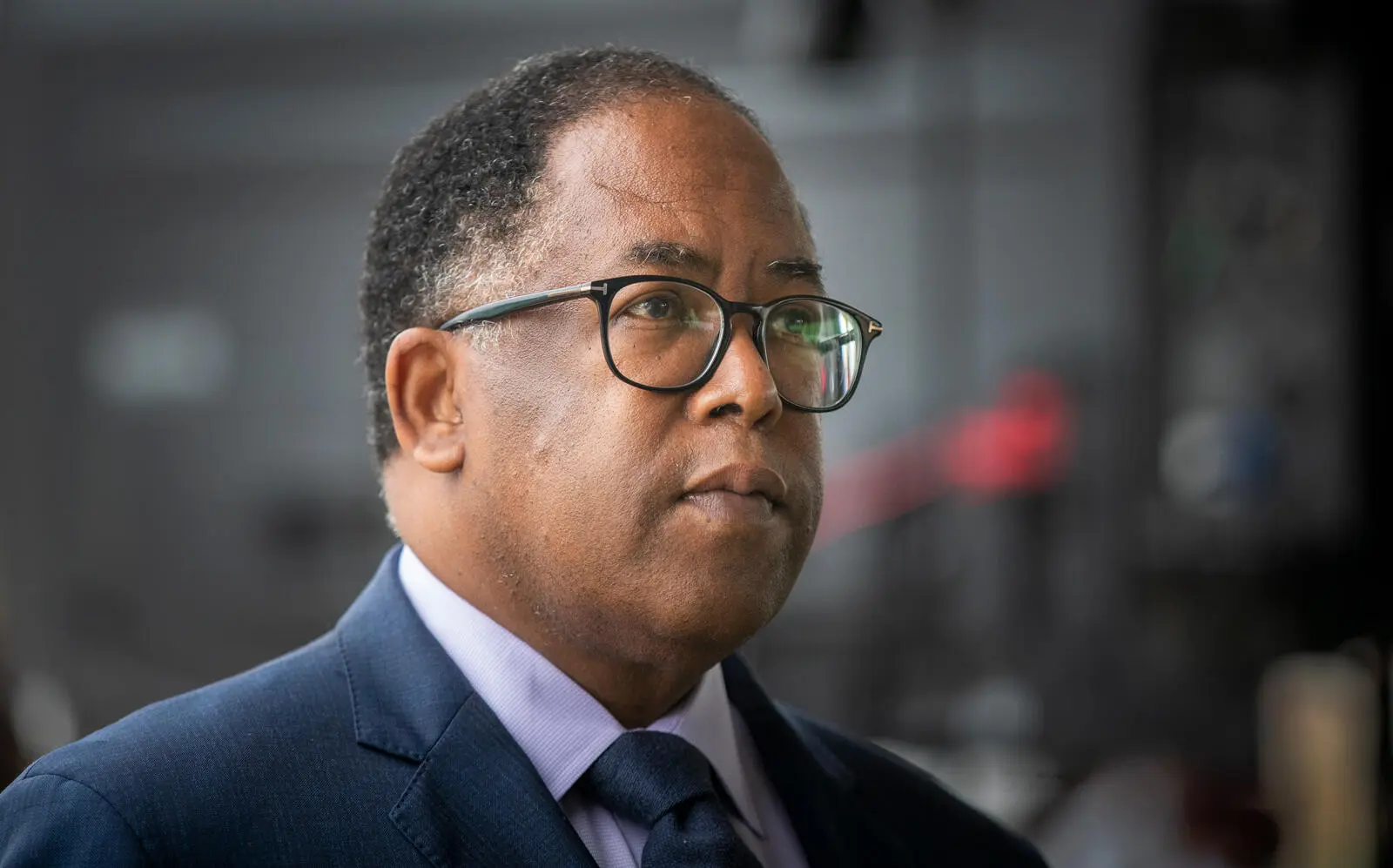LA Focus: Ridley-Thomas Notches Early Win in Effort to Overturn Guilty Ruling

February 23, 2024
By Vincent M. Harris
In late January, the Mark Ridley-Thomas legal team, led by a team of accomplished lawyers, filed its opening legal briefs, laying out their arguments as to why Ridley-Thomas’s guilty verdict should be overturned, or a new trial established. The briefs were a complicated and forceful outline of arguments.
The United States Attorney’s Office (USAO) has yet to respond to the points raised in the brief. Rather, its initial volley into the Appellate Court was that Ridley-Thomas’ legal team used too many words to describe its arguments—in violation of a required 14,000-word limit.
In its filing, Ridley-Thomas’ legal team argued three principal points. First, in the case of an elected official like Dr. Ridley-Thomas, the essence of bribery is a quid pro quo corruption scheme where the quid is personal enrichment, solicited with the intent to be influenced in the performance of official action. Honest services fraud requires proof of bribery or kickbacks coupled with material deception to the victim. The prosecution of Dr. Mark Ridley-Thomas involved none of these prerequisites: no personal enrichment, no intent to be influenced, and no deceptive materials to the would-be victims.
Second, the brief outlined that the government argued multiple theories of honest services fraud and federal programs bribery that are unsupported in either the Supreme Court or this Circuit’s precedents.
And third, the brief explained why the district court erred in applying Batson’s burden-shifting framework to the government’s discriminatory exercise of its preemptory strikes to remove all Black women from the jury, while Black men and white female jurors were permitted to serve.
Consistent with their approach throughout the trial of going after Ridley-Thomas, the United States Attorney’s Office opposed the “oversized opening brief” stating that there was “nothing unprecedented” about the government’s bribery theory and that the quid pro quo argument was straightforward and simple. The USAO’s brief added, “there is nothing novel or particularly complex about this case.”
The Ridley-Thomas legal team, led by Paul J. Watford [Watson Sonsini Goodrich and Rosati], Erwin Chemerinsky [UC Berkeley School of Law], and Alyssa Bell/Michael Schafler [Cohen Williams LLP]), disagreed, forcefully and compellingly arguing “a showing of diligence and substantial need” exists. With over 400 docket entries and a trial transcript of over 3,000 pages with more than 500 exhibits submitted into evidence, the team laid bare why the government’s theory of prosecution was unprecedented.
The Court agreed.
Now that the Court has determined the full opening brief can be considered, the USAO will soon file its response to the arguments compellingly made by the Ridley-Thomas team. The USAO has until April 8th to file its answering brief, with an opportunity for the Ridley-Thomas team to file a reply brief before the end of May.
While it is early, score one for Ridley-Thomas.
Editor's Note: Vincent M. Harris is an activist/scholar and has served as a key campaign advisor for federal, state and local elected officials.

